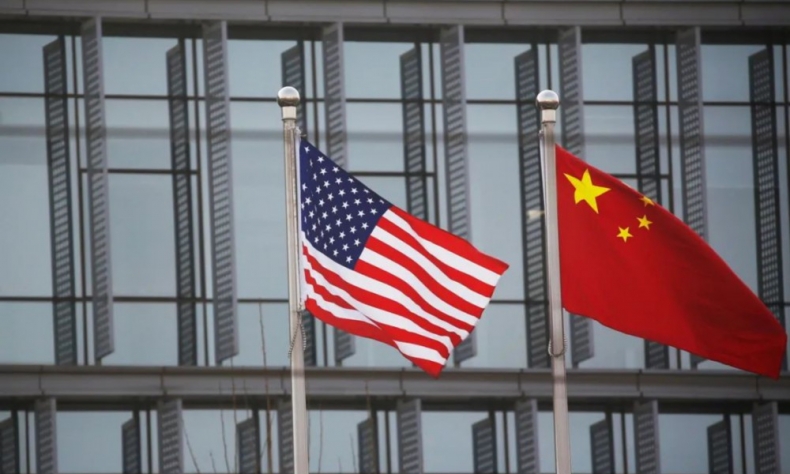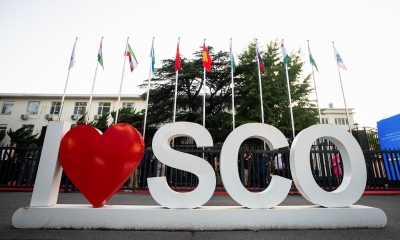Xi-Biden Meeting Sets the Tone for Future China-U.S. Relations

The U.S. should discard the hawkish approach toward China and make full use of the current opportunities to improve the bilateral relations for the sake of stability and prosperity of the world.
The historical meeting between Chinese President Xi Jinping and U.S. President Joe Biden in San Francisco has once again shown a full commitment of both sides to improving the bilateral relations for the good sake of Chinese and American people and for the global community as well.
Undoubtedly, the China-U.S. relationship has an important and irreplaceable position in the diplomacy for both sides.
In order to build a community with a shared future for mankind, which is China’s vision for the world development and also a blueprint of China’s diplomacy, endorsed by UN General Assembly, China-U.S. relationship is the key link. China always upholds the principle of peaceful co-existence based on mutual respect and mutual benefits.
While not expecting the United States to actively cooperate with China on this path, we still hope that it will not pose an obstacle. Similarly, the U.S. cannot be absent from building a community with a shared future for mankind, as well as other efforts to foster a new type of international relations and reform the international system and international order.
China has always sincerely sought for the steady development of the relations with the United States over the past decades.
However, compared with the past, China-U.S. relations are now faced with ever daunting challenges. Existing challenges are mainly attributed to two aspects. First, the transition of China-U.S. bilateral ties caused by the change in the global landscape; second, the adjustment in the U.S. foreign strategies and the change in its strategic thinking caused by change in the global landscape.
As China has become the world’s second largest economy, China’s comprehensive national strength is also recognized as the second strongest.
Although the U.S. still resides in first place in the world, its gap with China is narrowing rapidly, and it is just a matter of time before it is surpassed by China.

Accordingly, China-U.S. relations are transitioning from relations between a regional power and a super power to that between a rising power and an established power. Subsequently, the competitive factors in China-U.S. relations have become more prominent.
The challenges arising from the transition in China-U.S. relations had been prominent since the Obama administration which launched the “Pivot to Asia-Pacific” strategy to cope with the impact of China’s rise in the Asia-Pacific region.
Ushering in a new era, China continues to pursue its peaceful development and unswervingly maintain confidence in its socialist path, theory, system and culture, disappointing Washington which once expected that China would evolve in the direction it wanted.
The success of China means that the Socialism with Chinese characteristics is full of vitality in China in the 21st century. This further makes Washington view China as a strategic competitor.
On December 18, 2017, the White House released the first national security strategy report from the Trump administration. On the same day, a report entitled “New National Security Strategy for a New Era” was published on the official website of White House.
Compared with the national security strategy reports of previous administrations following the end of the Cold War, the “National Security Strategy for a New Era” takes a more negative attitude towards U.S.-China relations.
We have witnessed that the U.S. provoked and launched an economic and trade war with China since 2018. The U.S. needs to change the policy now for the interests of the two peoples and for the goodwill of international community.
In this new era of interconnectivity and globalization, China still seeks to maintain the stable development of the relations with the U.S. and looks forward to the same spirit from the U.S. side.
It can be said that China has made great efforts to seize all opportunities to consolidate the relationship with the U.S. and promote win-win cooperation.
Therefore, the U.S. should discard the hawkish approach toward China and make full use of the current opportunities to improve the bilateral relations for the sake of stability and prosperity of the world.
The article reflects the author’s opinions, and not necessarily the views of China Focus.
 Facebook
Facebook
 Twitter
Twitter
 Linkedin
Linkedin
 Google +
Google +




